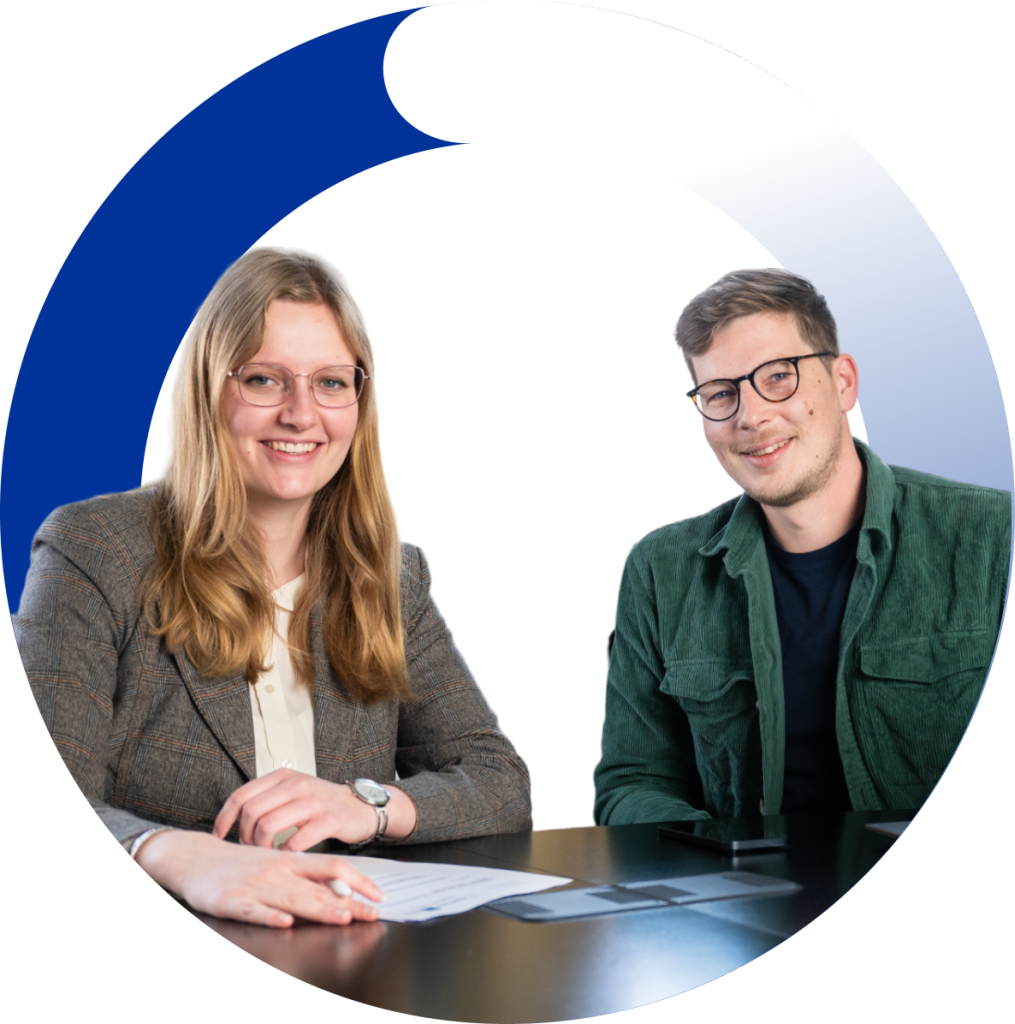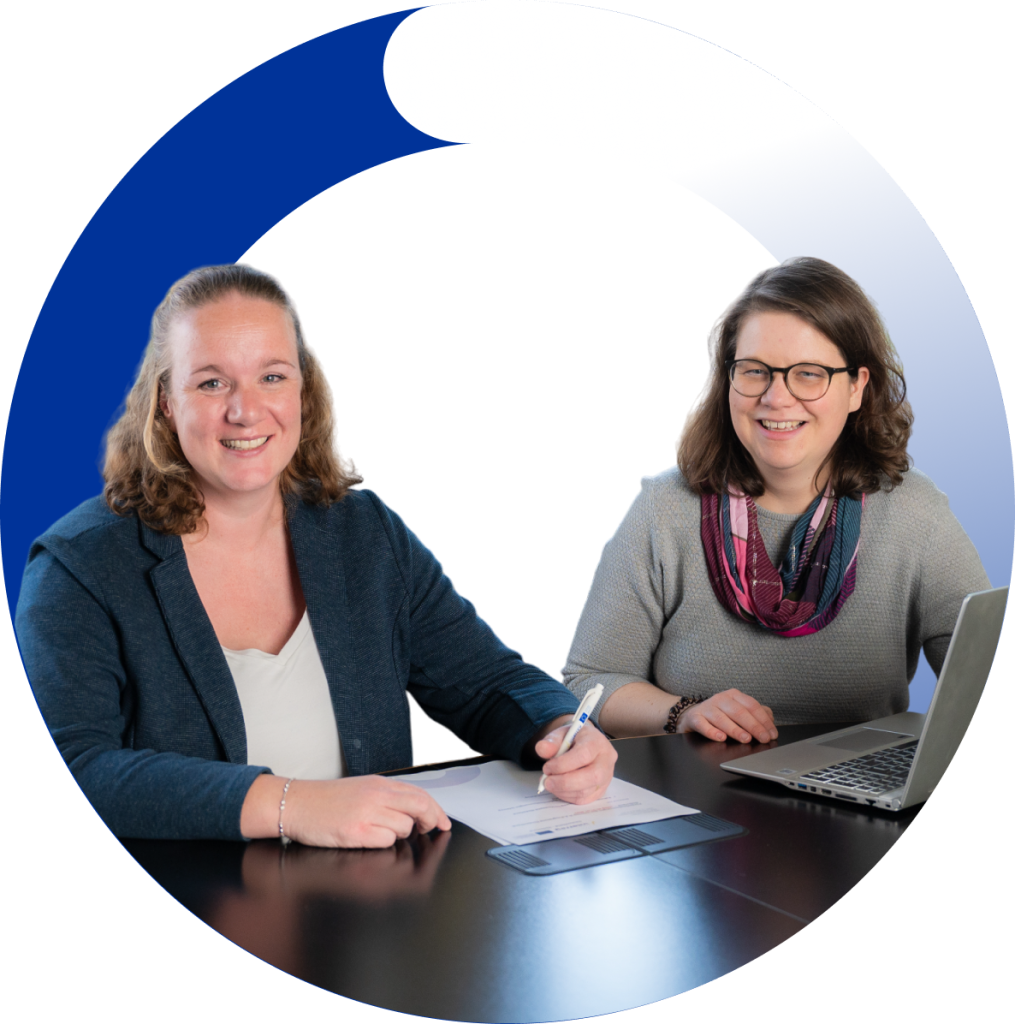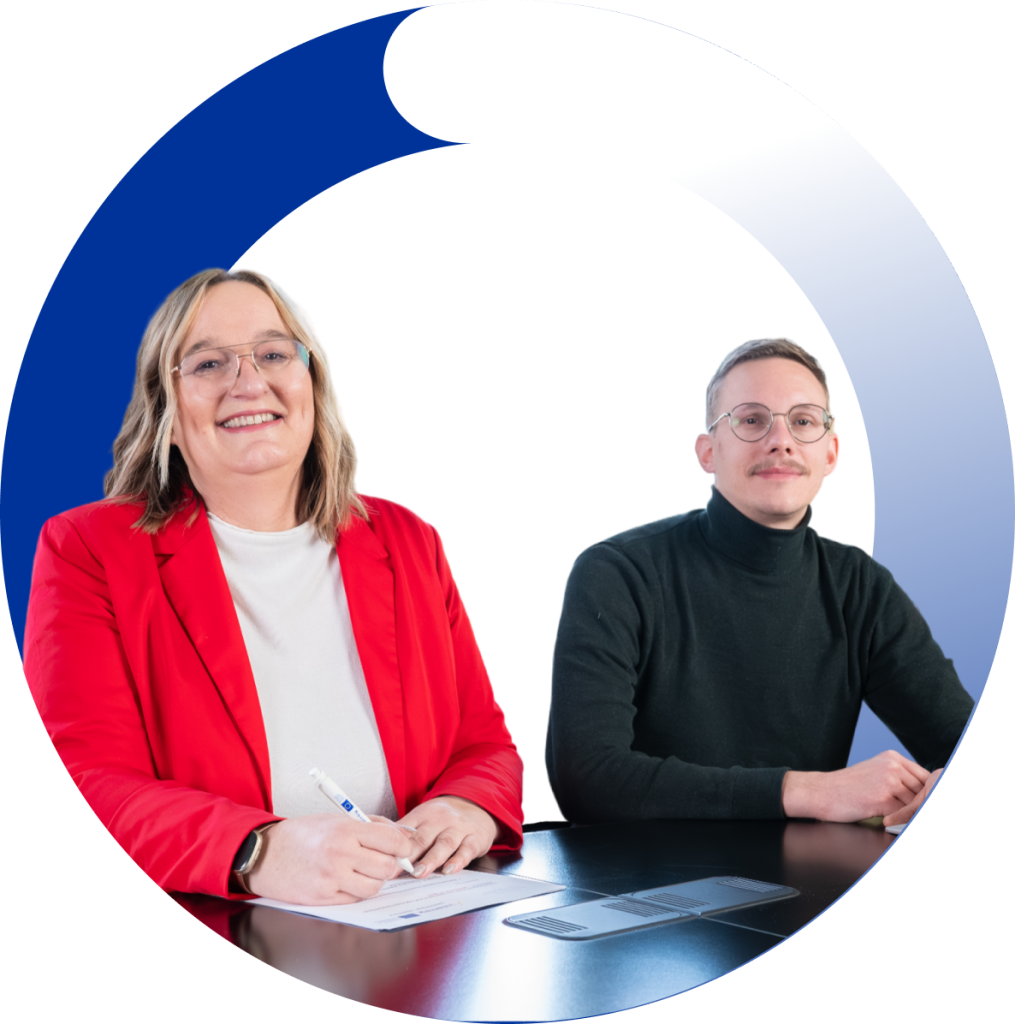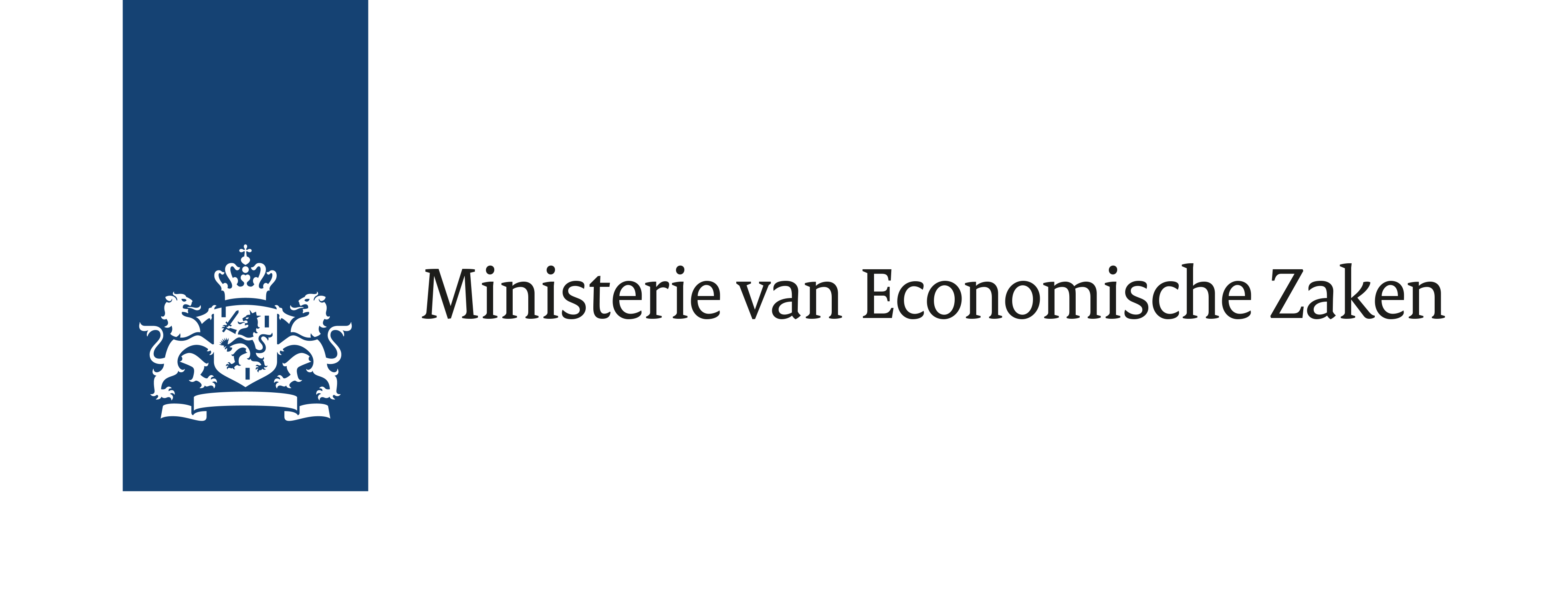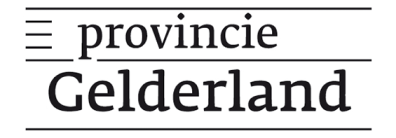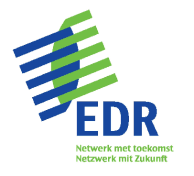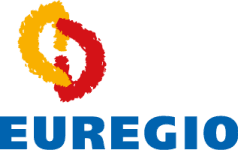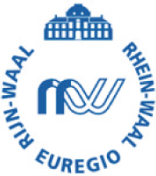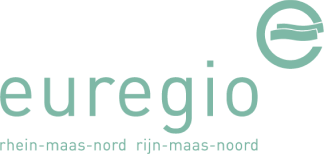Together. Without Borders.
Interreg Germany-Netherlands
About us
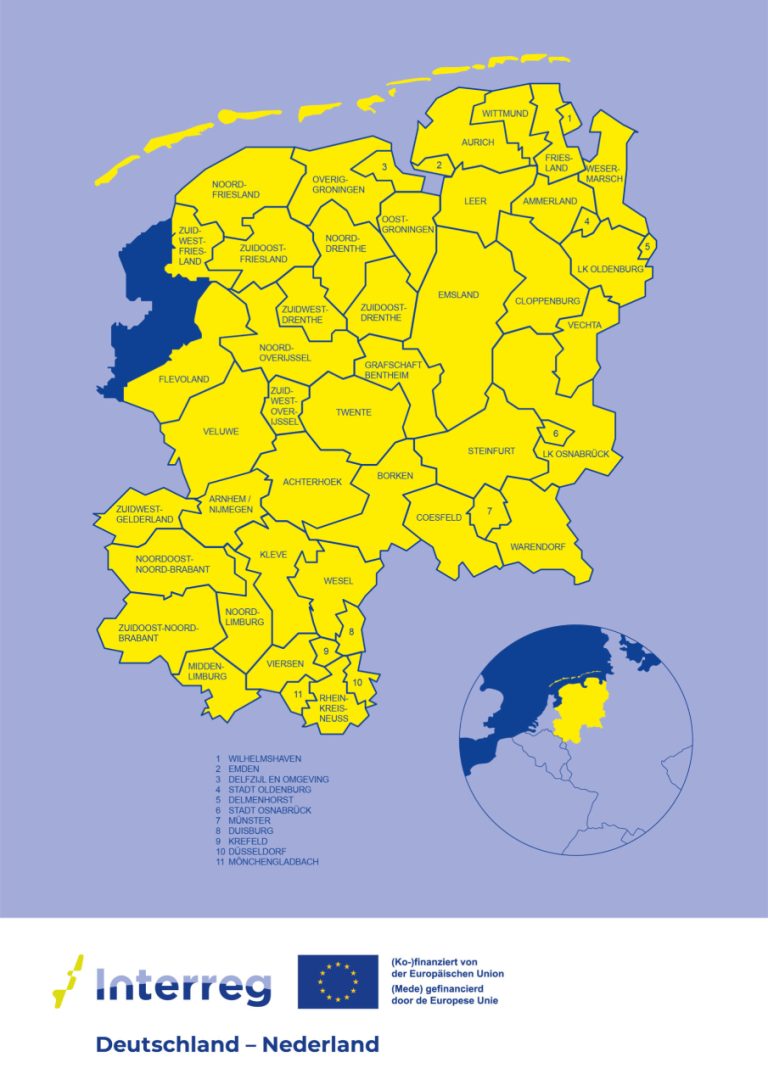
Priorities & Funding

Priority 1: A more innovative programme area
A more competitive and smarter Europe by promoting innovative and smart economic change and regional ICT connectivity
- Develop and enhance research and innovation capacities and the uptake of advanced technologies
- Increase sustainable growth and competitiveness of SMEs and job creation in SMEs, including through productive investments
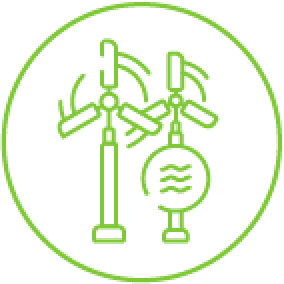
Priority 2: A greener programme area
A greener, low-carbon transition to a carbon neutral economy and a resilient Europe by promoting clean energy and a fair energy transition, green and blue investments, the circular economy, climate change mitigation and adaptation, risk prevention and management, and sustainable urban mobility
- Promote climate change adaptation and disaster and risk prevention, resilience, taking into account ecosystem-based approaches
- Promote the transition to a circular and resource-efficient economy

Priority 3: Working together on a connected border area
A more social and inclusive Europe through the implementation of the European Pillar of Social Rights
- Improve the efficiency and inclusiveness of labour markets and access to quality employment through the development of social innovation infrastructure
- Improve equal access to more inclusive and higher quality services in education and training and lifelong learning by developing infrastructure, including by promoting the resilience of distance and online education and training
- Ensuring equitable access to health care through infrastructure development, including primary care and promoting the transition from institutional to family and community-based care

Priority 4: A Europe closer to its citizens in the border area
Better governance in terms of cooperation
- Improve efficient public administration by promoting legal and administrative cooperation and collaboration between citizens, civil society actors and institutions, in particular with a view to removing legal and other obstacles in border regions
- To build mutual trust, in particular by promoting people-to-people activities
Operations of strategic importance
- Emergency Drone
- Realise-Bio
- ERMWIC
- KPF INDUSTR_I4.0
- DIWA
- Health4DE-NL
Interreg VI A programme Germany-Netherlands 2021-2027
Subscribe to our newsletter
to stay connected with Interreg
FAQ
All your questions answered
What is Interreg?
Interreg was launched by the European Union in the early 1990s as part of the structural funds to promote cross-border cooperation. Since then, this initiative has been used to promote cross-border cooperation in the European Union. Interreg is one of the central instruments in European cohesion policy and regional policy, which aims to reduce development differences between European regions and strengthen economic cohesion.
Between 2021 and 2027, the EU will invest almost 8 billion euros in cross-border cooperation across Europe.
The sixth Interreg Germany-Netherlands funding period started in 2021. In parallel with the EU budget, projects can be initiated within the Interreg programme until 2027. Further information on the European Union’s regional policy and the European Regional Development Fund (ERDF) of the EU can be found here.
Who can apply for funding within the Interreg programme Germany-Netherlands?
Project applications can be submitted at any time by institutions under public or private law, bodies with or without legal personality and natural persons. Only projects in which German and Dutch partners cooperate with each other are supported.
How can I apply for funding for the Interreg Germany-Netherlands programme?
First, you should find out what type of project is suitable for you. You can choose between mini projects (flat-rate funding of €750), small projects (max. funding of €25,000) and large projects (from €25,000 in funding). Under “Small Projects Fund” (KPF) you will find the application forms for mini and small projects. Fill in the application form that applies to you and send it to the relevant Euregio in your area. You will soon be able to submit your application via an electronic portal.
If you would like to submit an application for a major project, we recommend that you first contact the regional programme management in your area.
Where can I find dates and deadlines for submitting applications?
All dates and deadlines for submitting applications can be found here.
Where can I find a framework guideline for the Interreg programme with all the funding regulations?
The framework guidelines for the Interreg program, which contain all funding provisions, are available for download here.
Socials
We in social media

